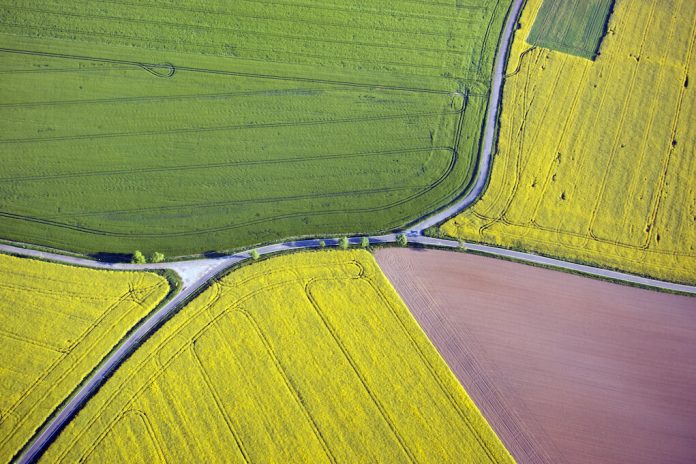
Congress recently passed the 2018 Farm Bill, and it is a big win for the organic industry, nutrition education programs, conservation programs, and the hemp industry.
Read about organics
The U.S. organic food industry relies heavily on imports. Organic food is over five percent of total food sales, but less than one percent of the country’s farmland is organically farmed. The farm bill contains several provisions that will help increase the amount of organic food grown in the U.S. One of those provisions will modify the U.S. Department of Agriculture’s voluntary conservation programs to provide better help to farmers who want to make the switch to organic.
The farm bill also provides more funding for the USDA’s organic certification cost-share program. It will provide almost $400 million in permanent funding for organic research and extension programs over the next decade.
Protecting nutrition education programs
The farm bill benefits nutrition education programs. It provides permanent funding for the Food Insecurity Nutrition Incentive grant program, which increases fruit and vegetable consumption through incentives for the Supplemental Nutrition Assistance Program, better known as SNAP, participants. It also provides funding for a pilot program that encourage healthcare providers to prescribe fresh fruit and vegetable consumption to their patients. Child nutrition programs are protected, including the Fresh Fruit and Vegetable Program, which helps over four million students in 7,600 of the lowest-income elementary schools in the U.S. The SNAP Nutrition Education, the largest source of federal funding for evidence-based nutrition programs, is also protected.
Legalizing hemp in the U.S.
The farm bill legalizes hemp. Hemp was made effectively illegal under the Marijuana Tax Act in 1937, and made formally illegal under the Controlled Substances Act, which banned cultivation of all cannabis plants. Under this year’s farm bill, hemp is allowed to be broadly cultivated, and allows hemp-derived products to be transported across state lines. There are no restrictions under the bill on the sale, transport or possession of hemp-derived products.
Hemp is a more environmentally-friendly crop. It requires less water to grow and is less vulnerable to drought so it is ideal for the arid parts of the western U.S. Hemp does not require pesticides or herbicides. It is a fast-growing plant that can grow up to 20 feet in 100 days.
Providing funding for private land conservation
The farm bill conservation programs are the biggest source of federal funding for private land conservation. This year’s farm bill increased funding for the Agricultural Conservation Easement Program (ACEP) by more than $2 billion over 10 years. It provides $25 million a year for on-farm conservation innovation trials that test new conservation methods. The farm bill triples the funding for the Regional Conservation Partnership Program, which provides help to tackle conservation issues such as improving water quality in watersheds.
There is a focus on watershed improvements in the farm bill, which directs the Secretary of Agriculture to use targeted conservation practices to protect source water. The farm bill gives the Secretary the authorization to offer incentives to farmers to protect water quality and quantity.
“The Land Trust Alliance applauds the Farm Bill conferees for putting forward a 2018 Farm Bill that builds new opportunities for farm and ranchland conservation across our nation and reflects many of the Alliance’s highest priorities,” said Andrew Bowman, president of the Land Trust Alliance.
Why Choosing Organic Benefits The Health of Farm Families




